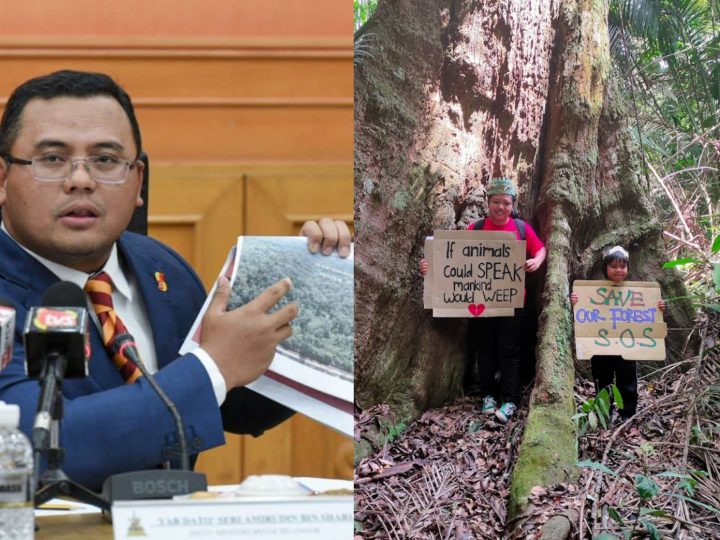M’sian Found Guilty of Defaming SG’s PM Over Article Questioning Lee Kuan Yew’s Property
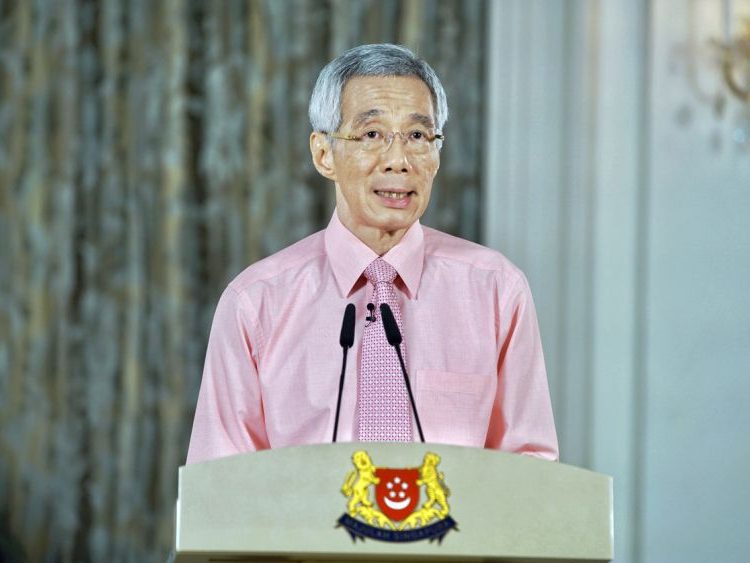 Thirsty for JUICE content? Quench your cravings on our Instagram, TikTok and WhatsApp
Thirsty for JUICE content? Quench your cravings on our Instagram, TikTok and WhatsApp
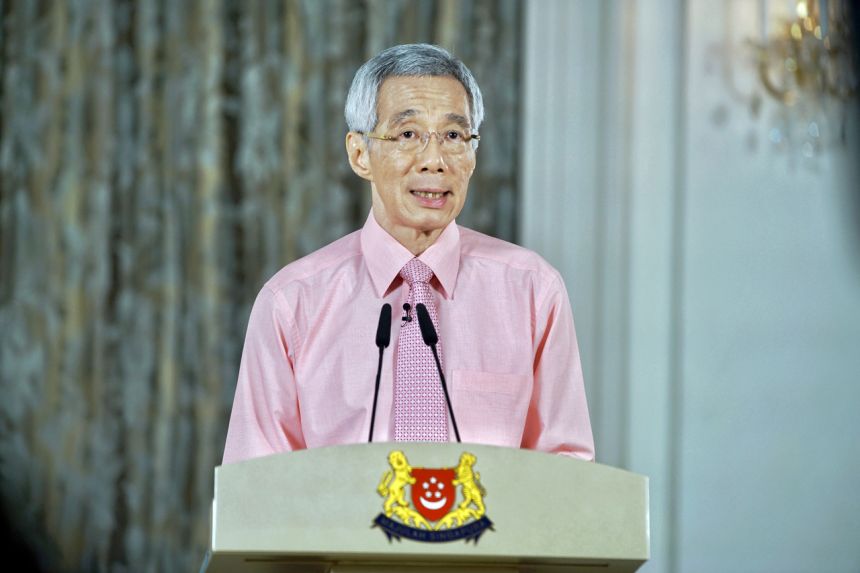
According to Reuters, the Singapore High Court has awarded Prime Minister Lee Hsien Loong a total of $210,000 (RM648,570) in damages for two defamation suits he filed over an article about the home of his late father and the city-state’s modern-day founder, Lee Kuan Yew.
He had separately sued The Online Citizen Singapore (TOC) chief editor Terry Xu and Ms Rubaashini Shunmuganathan, the Malaysian-national writer of the article published on 15 Aug 2019.
Judge Audrey Lim said the article “impugned Lee’s reputation and character” by alleging he was dishonest.
“This struck at the heart of Lee’s personal integrity and could severely undermine his credibility, not just personally but also as the prime minister, and call into question his fitness to govern with integrity,” Lim said in a written judgement.
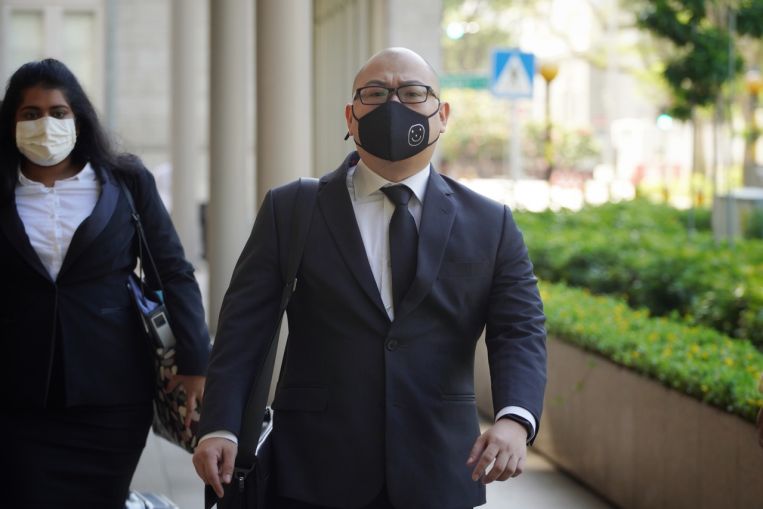
Xu and Rubaashini were ordered to jointly pay the PM in damages, as the suits concern the same defamatory article.
To refresh, the piece titled “PM Lee’s wife Ho Ching weirdly shares an article on cutting ties with family members”, had quoted a Facebook post by PM Lee’s sister, Dr Lee Wei Ling.
Dr Lee’s post said their father, founding prime minister Lee Kuan Yew, had been misled by PM Lee into believing the family house at 38 Oxley Road had been gazetted by the SG Government, causing him to change his will to bestow the house to PM Lee.
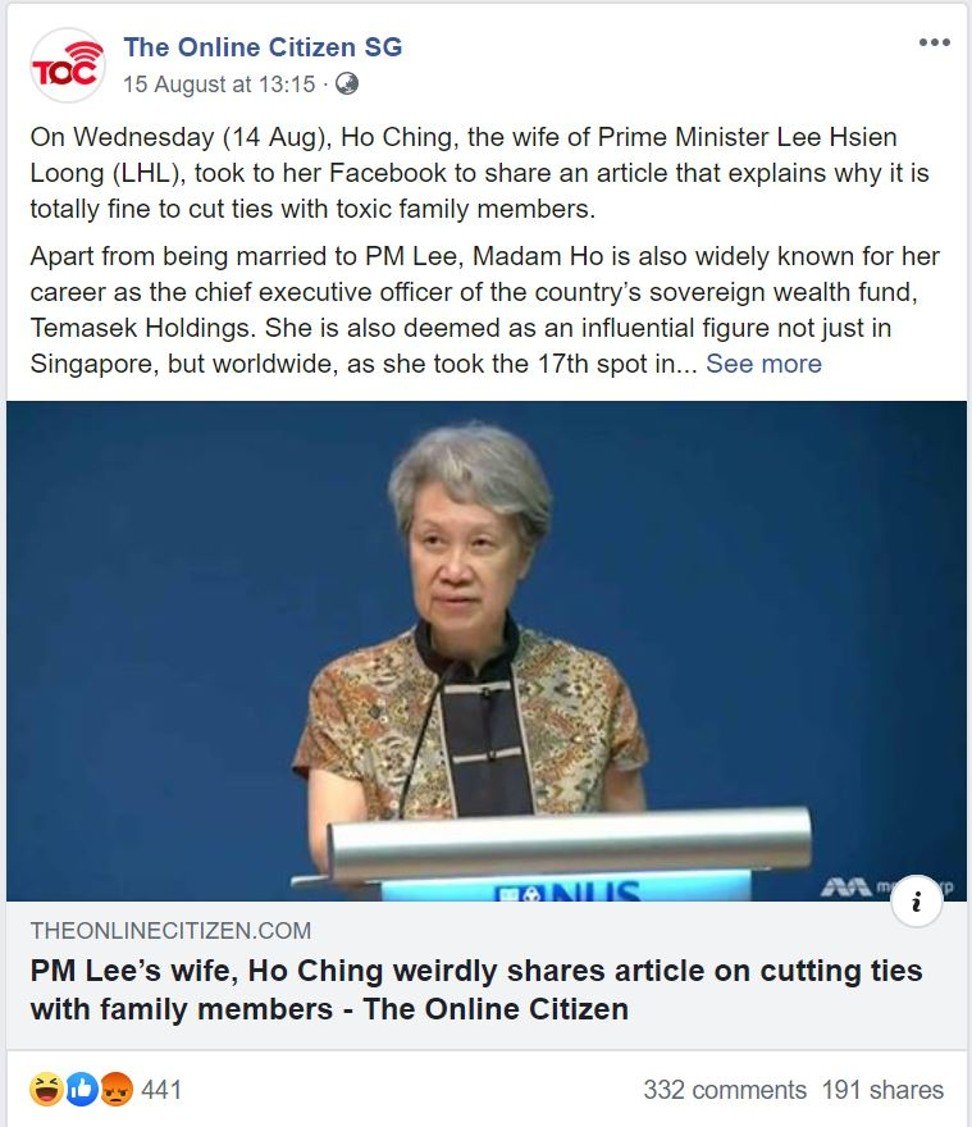
Recently, Xu on his social media said he was disappointed with the judgement and was assessing the next steps he could take, such as an appeal. He has also set up crowdfunding for the case.
Apparently, this isn’t the first media to have been sued by the PM. He has also sued foreign media and political opponents for defamation, calling it a defence of his reputation.
Some activists, including the New York-based Human Rights Watch, say such moves are stifling freedom of speech and political opposition.


 Get Audio+
Get Audio+ Hot FM
Hot FM Kool 101
Kool 101 Eight FM
Eight FM Fly FM
Fly FM Molek FM
Molek FM

